Costa Rica Payment Policies: What’s Normal, Common, And To Be Expected?
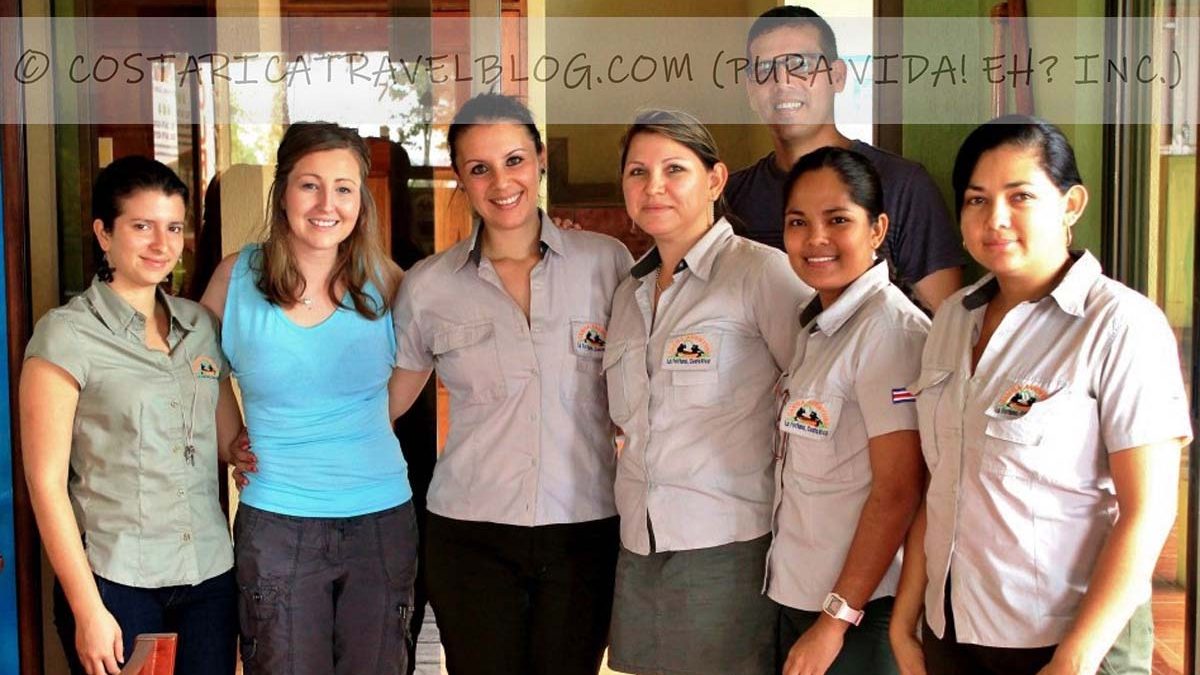
Last updated on October 12th, 2019 at 10:37 am GMT-6 (Costa Rica time)

Written by Nikki Solano
Nikki is the CEO of Pura Vida! eh? Inc. (Costa Rica Discounts), and the author of the guidebooks Moon Costa Rica (2019, 2021, 2023, and 2025 editions) and Moon Best of Costa Rica (2022 edition) from Moon Travel Guides. Together with her Costa Rican husband, Ricky, she operates the Costa Rica Travel Blog, created the online community DIY Costa Rica, built the Costa Rica Destination Tool, oversees the brand-new (summer 2023) Costa Rica Travel Shop, and designed the Costa Rica Trip Planning 101 E-Course. Also, Nikki wrote the Costa Rica cover feature for Wanderlust Magazine's sustainability-focused Travel Green List issue, showcased Costa Rica destinations and experiences on Rick Steves' Monday Night Travel show and podcast/radio show, and served as the Costa Rica Destination Editor for Essentialist, a luxury travel brand. Want to show your appreciation for her free article below? Thank Nikki here. ❤️️
Get the Costa Rica info you need by browsing our article's TABLE OF CONTENTS:
- Costa Rica payment policies
- Why are advance payments or credit card details needed for some Costa Rica payment policies?
- What about the potential for fraud?
- An analysis of Costa Rica payment policies
- Costa Rican tourism companies that require either full or partial prepayment
- Costa Rican tourism companies that do not require prepayment but do require credit card information as a guarantee
- Why some tourism companies request credit card information as a guarantee
- Consider this example:
- What this type of Costa Rica payment policy means for you
- It’s also worth mentioning that…
- What to look out for
- What is a credit card authorization form?
- Why do I need to sign a credit card authorization form? Can’t I just provide my credit card details (i.e., my card number and expiry date)? Why is a company asking for a copy of my credit card or identification too?
- Costa Rican tourism companies that do not require prepayment or credit card information as a guarantee
Costa Rica payment policies
Costa Rica tourism is all over the map, literally and figuratively. You can hike to volcano craters around the Central Valley, rappel down waterfalls in the Northern Zone, surf the Pacific and Caribbean coasts, and explore treasured, virgin land on the Osa Peninsula. Just as diverse as the experiences you can have here are the Costa Rica payment policies created by the country’s countless adventure outfitters.
One of the quickest ways to recognize difference across tour operators is to look at their payment policies. Each hotel, tour operator, car rental agency, and transportation service provider in Costa Rica constructs their own. Most policies fall into one of the following three categories:
- Policies that require prepayment (either full or partial prepayment)
- Policies that do not require full or partial prepayment but do require credit card information to be provided as a guarantee to protect the tour operator in case of no-show or last-minute cancellation
- Policies that do not require full prepayment, partial prepayment, or credit card information to be provided as a guarantee to protect the tour operator in case of no-show or last-minute cancellation
Why are advance payments or credit card details needed for some Costa Rica payment policies?
The quick answer? Because there’s no way a Costa Rica tourism company can guarantee they’ll get paid for a reservation if they don’t acquire a prepayment–or credit card information in lieu of a prepayment–from you in advance. Though some travelers like to have their vacations meticulously planned out months in advance, other people like to decide on trip items on a whim. Many spur-of-the-moment bookings turn into spur-of-the-moment cancellations, which result in losses that tourism companies wish to avoid. Asking for payment in advance (either a full or partial prepayment, according to the tour operator’s preference) or for credit card information as a guarantee to secure bookings isn’t a shady payment process, it’s a smart business decision.
What about the potential for fraud?
Are you hesitant to provide Costa Rican tourism companies with advance payment for your Costa Rica trip items? Or to provide Costa Rican companies with your personal credit card information? We get it; we’re safety-conscious consumers too. We know the hassle, not to mention the financial risk, that comes with being a victim of credit card fraud, so we don’t fault you for being cautious. Unfortunately, there’s no escaping the reality that fraud can happen anywhere and at anytime–in your home country or any other you plan to visit, while lounging in your living room or living it up on vacation. Though we cannot guarantee that paying for Costa Rica trip items is always 100% safe, what we can do is explain which payment processes are the most common in Costa Rica, so you don’t automatically write them off as red flags.
An analysis of Costa Rica payment policies
Below is an examination of Costa Rica payment policies and processes commonly enforced by Costa Rica tourism companies. Some will mirror those you’ve encountered at home or in other countries around the world. Others may not. It’s important to remember that Costa Rica isn’t as progressive as countries in North America and other parts of the world. Though some of the payment processes explained below may seem outdated, keep in mind, that doesn’t mean they’re fraudulent.
Costa Rican tourism companies that require either full or partial prepayment
Why some tourism companies request prepayment
Tour prepayments serve two principal purposes:
- To reduce the risk of last-minute cancellations and no-shows.
- To give Costa Rican tourism companies the confidence they need to proceed with making advance tour arrangements or payments on behalf of travelers.
Last-minute cancellations (or worse, no-shows) can cause tourism companies significant financial loss. Depending on the tour you reserve and the time of year you plan to visit Costa Rica, last-minute cancellations and no-shows can cost tour operators any combination of the following expenses:
- prepaid park or attraction entrance fees
- tour guide salaries
- equipment rentals
- food preparation
- scheduled transportation
Costa Rica payment policies that require you to pay for a tour experience upfront (or to provide partial payment in the form of a deposit) help tourism companies recoup money spent on your original reservation.
Consider this example:
Assume you reserve an Arenal Combo Tour that includes visits to a handful of La Fortuna attractions over the course of one day. Not only does the combo tour operator need to coordinate having a tour guide to show you around, and a driver and vehicle to get you from place to place, but they may also need to purchase and prepare food (if included with the tour), and prepay the entrance fees to attractions visited during the tour, including a hanging bridges park, a private waterfall, a national park, and a hot springs property. That’s a whole lot of work and money to waste on a last-minute cancellation or a no-show, don’t you think?
What this type of Costa Rica payment policy means for you
In a word? Commitment. You don’t need to be able to commit to experiencing the tour 100% (life happens and sometimes cancellations are necessary!), but you’ll need to commit to the tour operator’s payment–and cancellation–policy. If you choose to cancel the tour last-minute, or you choose not to show up for the tour at all, you’ll pay the price. In other words, you’ll need to pay the penalty outlined in the tour company’s specific policies.
Fortunately, most Costa Rica tourism companies provide a window of time (typically 24 to 72 hours’ notice for tours and activities, and anywhere from a few days to weeks in advance for hotels) during which reservations can be cancelled without penalty. This means that although Costa Rican tourism companies that require prepayment also require a certain amount of commitment from you, you still have the ability to cancel reservations without penalty, so long as you abide by the tourism company’s rules.
It’s also worth mentioning that…
The more Costa Rica trip items you pay for in advance, the less cash you’ll need to carry with you while you travel, and the less money you’ll lose to credit card fees that result from purchases made in Costa Rica or purchases processed in foreign currencies (i.e., Costa Rican colones). For more information about this topic, don’t miss our related blog post Spending Money In Costa Rica: What To Know About USD. Colones, Credit Cards, And More!
What to look out for
We can appreciate that the act of providing prepayment to an unfamiliar, international company can be scary. However, if you opt to avoid payment policies that require prepayment, you’ll miss out on an opportunity to explore Costa Rica with many of the country’s most reputable (and arguably, smartest) tourism companies. You can protect yourself and your hard-earned cash by thoroughly researching the Costa Rican tourism companies you’re debating sending money to. If the company comes up clean, don’t fault them for wanting to get paid before they shell out money for your chosen experience.
Costa Rican tourism companies that do not require prepayment but do require credit card information as a guarantee
Why some tourism companies request credit card information as a guarantee
Credit card information obtained as a guarantee serves the same two principal purposes of reservation prepayment described above:
- To reduce the risk of last-minute cancellations and no-shows.
- To give Costa Rican tourism companies the confidence they need to proceed with making advance tour arrangements or payments on behalf of travelers.
The difference between Costa Rica payment policies that require prepayments and Costa Rica payment policies that require credit card information as a guarantee, however, is that the latter don’t require you to deliver money upfront.
Many Costa Rican tourism companies don’t need to receive your money before they will coordinate your chosen experience. But they do need to obtain a guarantee that you’ll provide them with payment for the experience at a later date. The best type of guarantee they can obtain is your credit card information. In the event that you cancel your reservation(s) last-minute, or you don’t show up at all, the tourism company can charge your credit card for the associated cost(s).
The reason why some Costa Rican tourism companies choose to obtain this guarantee mirrors the reason why several other Costa Rican tourism companies opt to collect prepayment: to minimize the financial loss that comes with last-minute cancellations and no-shows. With expenses related to prepaid park or attraction entrance fees, tour guide salaries, equipment rentals, food preparation, and scheduled transportation to consider, it’s no wonder some Costa Rica tourism companies elect to collect credit card information as a means of protecting their investment in your travel experience.
Consider this example:
Let’s say you and 6 travel companions book a white-water rafting tour. Since each raft fits a maximum of 6 people, the tour operator must rent an extra raft and employ an extra tour guide on the day of your tour to accommodate your group of 7 travelers. Assume one member of your group cancels their reservation (or doesn’t show up) the morning of the rafting tour, which violates the tour operator’s cancellation policy (say, for example, the tour operator requires 24 hours’ notice to allow cancellations without penalty). In addition to income lost over the cancellation of the 7th group member, the tour operator is out the cost of the extra raft and tour guide, both of which are no longer needed. Since credit card information was supplied as a guarantee to confirm the initial booking for 7 people, the tour operator can recoup the financial loss by charging the credit card for the full reservation amount.
What this type of Costa Rica payment policy means for you
It means you need to be diligent. When you provide Costa Rica tourism companies with your credit card information, you also provide them with a promise to pay for your reservation(s) later, unless you opt to cancel your booking(s). If you decide to cancel, in order to avoid paying a penalty you’ll need to read and strictly adhere to the tourism company’s cancellation policies. If you don’t, and you cancel last-minute (or don’t show up for) your reservation(s), your credit card will be charged for the original reservation amount.
As noted above, most Costa Rica tourism companies provide a window of time (typically 24 to 72 hours’ notice for tours and activities, and anywhere from a few days to weeks in advance for hotels) during which reservations can be cancelled without penalty. This means that, even if you provide your credit card information to a tour operator, transportation service provider, or hotel in Costa Rica, you have an out if your wants or needs change closer to your travel dates.
It’s also worth mentioning that…
Costa Rica payment policies that request credit card information–not prepayment–in advance award you with more time to gather your trip funds. If you’re saving up for your trip and you don’t yet have all of the money you’ll need to travel, but you wish to secure trip items in advance, placing reservations with Costa Rica tourism companies that enforce this type of payment policy may be the best option for you.
What to look out for
You’re probably thinking that being asked to give your credit card information to a company in Costa Rica is a giant red flag. But it isn’t; it’s just part of how business is conducted here. In fact, it’s difficult to find Costa Rican tourism companies that will accept and confirm reservations without obtaining credit card information (in the very least) while payment is pending.
Several Costa Rican tourism companies that request credit card information as a guarantee obtain this information through the use of a credit card authorization form, which travelers submit to the Costa Rican tourism company either electronically (through the company’s website or via email) or by fax. If a Costa Rican company asks you to complete a credit card authorization form to supplement your reservation, don’t consider this request an act of fraudulent activity. Do make sure you research the Costa Rican companies you send your information to, however, to ensure they can be trusted to temporarily hold (and later delete) your payment information.
Depending on the Costa Rican tourism company you’ve selected, the bank they deal with, and the exact details of their banking account(s), the bank may require the Costa Rican company to obtain your signature on the credit card authorization form. This is a safety measure used to verify that you permit charges to your credit card.
You may also be asked to provide a copy of your credit card and / or identification as well. These documents are used to authenticate the signature you provide on the credit card authorization form; it must match the signature provided on your credit card and personal identification.
Costa Rican tourism companies that do not require prepayment or credit card information as a guarantee
Why some tourism companies opt not to request prepayment or credit card information as a guarantee
Tourism companies that don’t require prepayment or credit card information as a guarantee are the most difficult to find in Costa Rica, but they do exist. Roughly 10-15% of the tourism companies we work with operate this way.
Most of the Costa Rica tourism companies that fall into this group are very small businesses (or a sole proprietorship, in the case of independent tour guides) that are unequipped to process advance reservations and credit card payments. The few large companies we work with that choose not to ask for prepayment or credit card information as a guarantee do so because they have little to lose on last-minute cancellations or no-shows. When advance operating costs are low (i.e., when you reserve a trip item that doesn’t require the tourism company to put out a ton of money on your behalf), equally low is the need for tourism companies to protect themselves against financial loss with strict Costa Rica payment policies.
Consider this example:
Say you and your partner book a canopy tour (a.k.a., a ziplining tour) for your Costa Rica trip. Canopy tours usually don’t include a meal, and canopy tour operators typically have tour guides available on stand-by waiting for their queue to work. Since canopy tour participant groups range in size, a tour guide can take 2 people in a group just as easily as he or she can accommodate 8 people. Though the Costa Rican tourism company loses income earned on participants when last-minute cancellations and no-shows occur, they don’t suffer significant losses elsewhere, as their day-to-day operating expenses tend not to fluctuate according to reservation totals.
What this type of Costa Rica payment policy means for you
Costa Rica payment policies that do not require prepayment or credit card information as a guarantee offer complete freedom. They don’t allow you to act irresponsibly, however. Though the Costa Rica tourism company may not have any leverage without your money or credit card information in their hands, deciding to cancel last-minute without a decent reason, or simply not showing up for a reserved tour, is unfair and rude behavior. If you choose to reserve Costa Rica trip items with companies that don’t ask anything of you in advance, please be a kind and courteous consumer. The person or company you book through is likely counting on the income earned off your reservation, so if you need to kill the sale, please do so respectfully by officially cancelling the booking as early as possible.
It’s also worth mentioning that…
Since many of the Costa Rica tourism companies that enforce this type of payment policy are not equipped to process advance reservations and credit card payments, you can expect several requests for cash payment. This means you’ll need to carry a significant amount of cash with you while you travel, or else plan to visit local ATMs regularly and pay the resulting ATM fees.
Curious about tax in Costa Rica? Learn which tourism services are taxed by reading our related blog post:
QUESTION TO COMMENT ON: Which factor is most important to you: the quality of your experience or the payment process?
Pura vida!

Hey, Costa Rica Travel Blog reader, thank you for visiting and reading our blog! We're truly grateful for your time and preference.
Do you know that your spam-free reading experience is most important to us? Unlike some other Costa Rica blogs, we do not to sell your personal information, and we choose not to display ads, sponsored content, or affiliate marketing on our blog so we can keep your visit as distraction- and junk-free as possible. Because we prioritize your privacy, we don't earn money when you visit us, when you sign up for our e-course, or when you click on our links, which means the time and work we put into this blog—including its 300+ articles—is entirely voluntary! If you find our content valuable, and you'd like to thank us for making the trip-planning process easier and your Costa Rica vacation more enjoyable, please consider making a small donation ($1, $2, $3, or an amount of your choosing) to our blog. Doing so is a great way to pat us on the back if you feel we deserve it. 😊 Pura vida, amigos!
Click on the button above to donate through PayPal. (If you cannot see the PayPal button above, click here.) A PayPal account is not required to make a donation; credit and debit cards are also accepted. PayPal donations are confidential; we never see your payment details.
Love our blog? Check out our other Costa Rica-related projects, too:
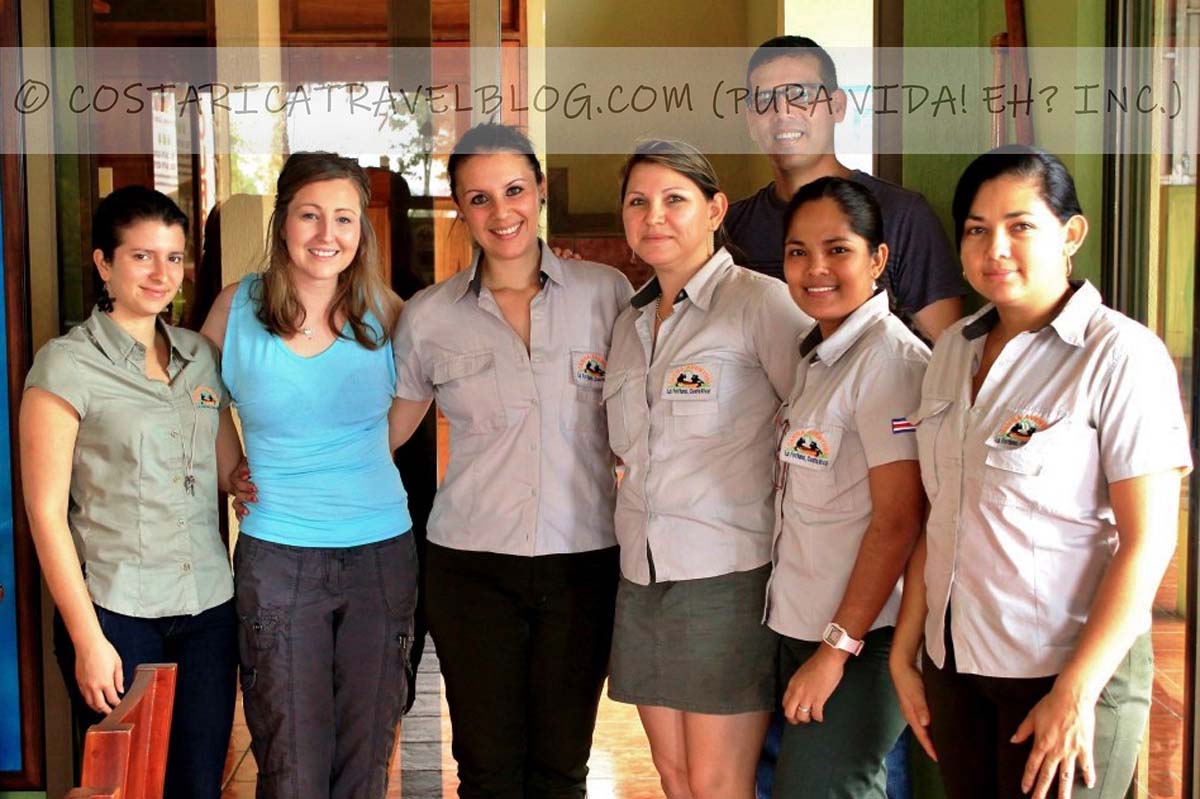
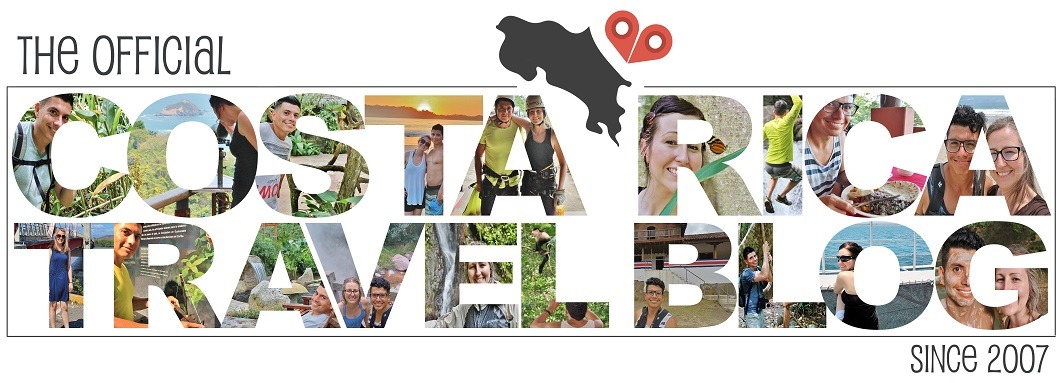

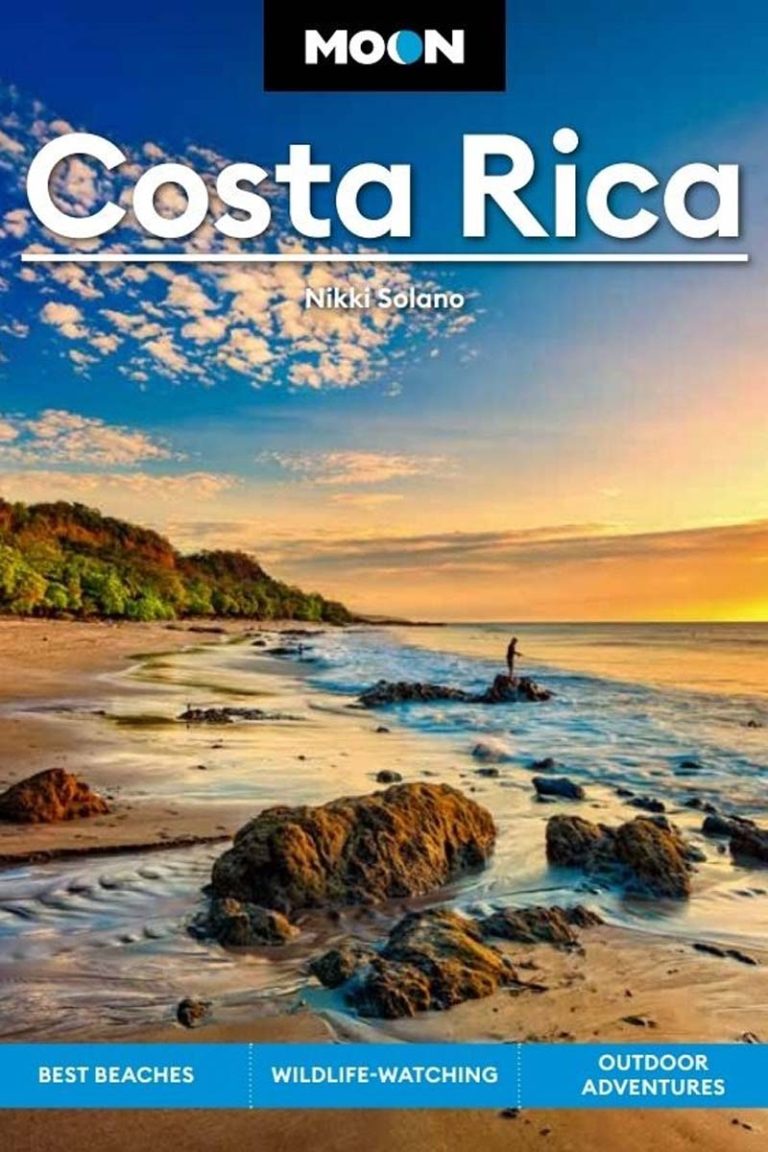
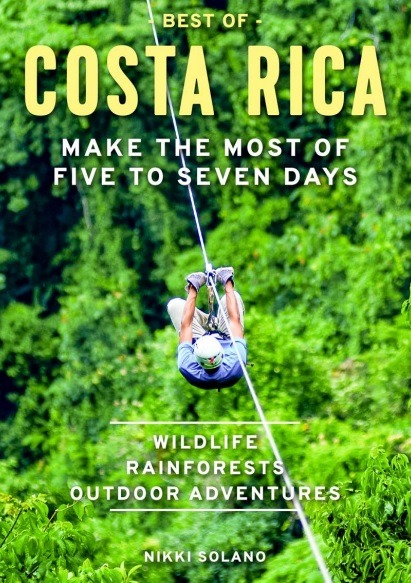
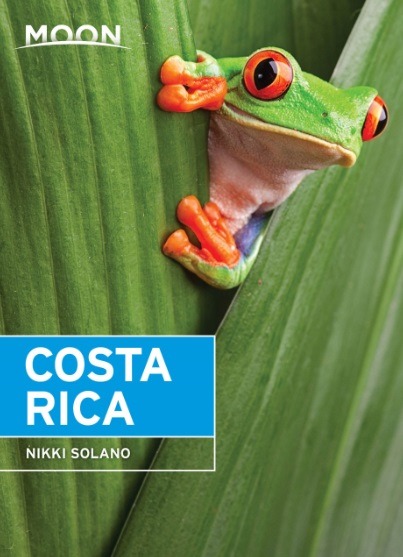
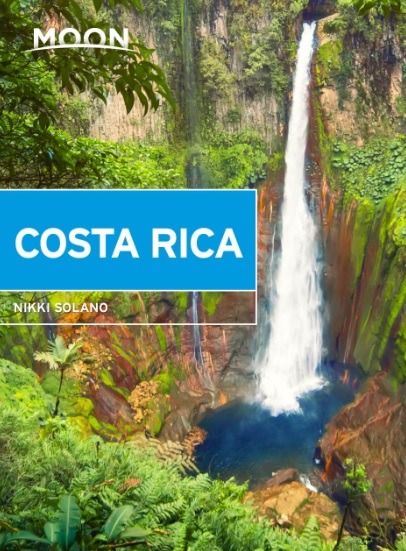

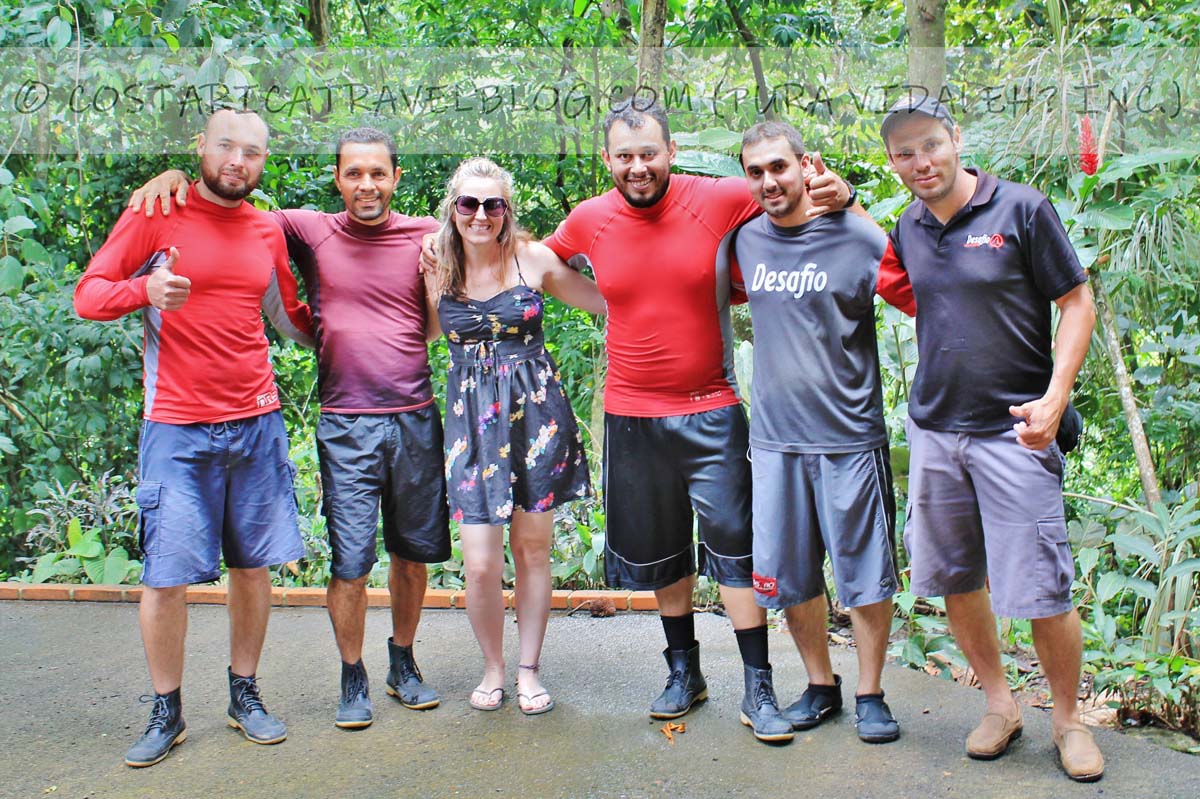
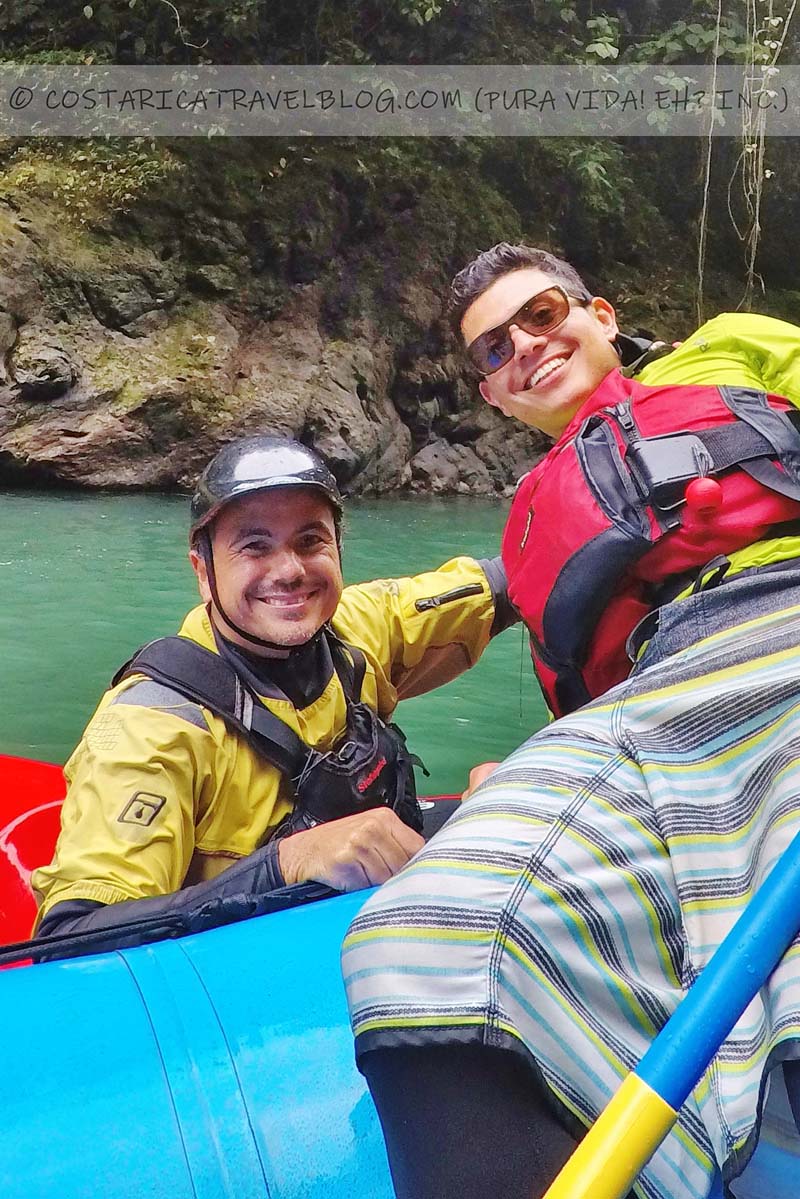
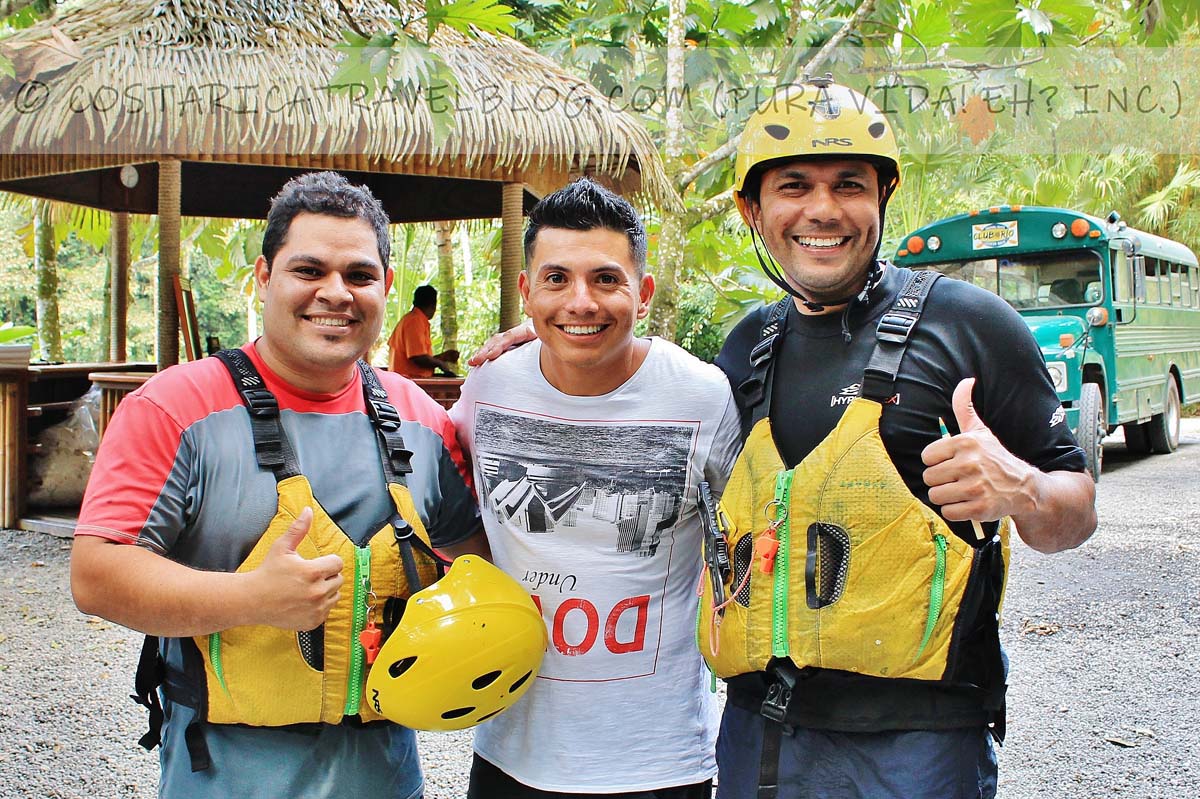
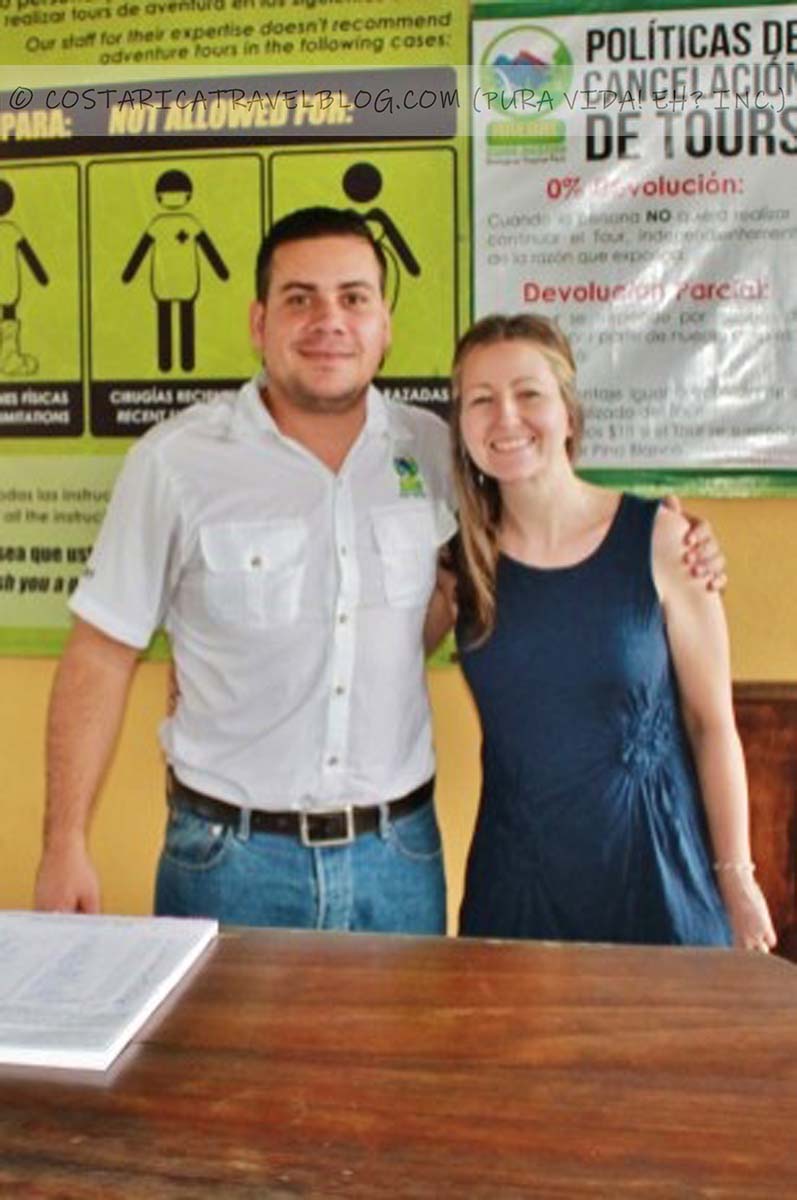
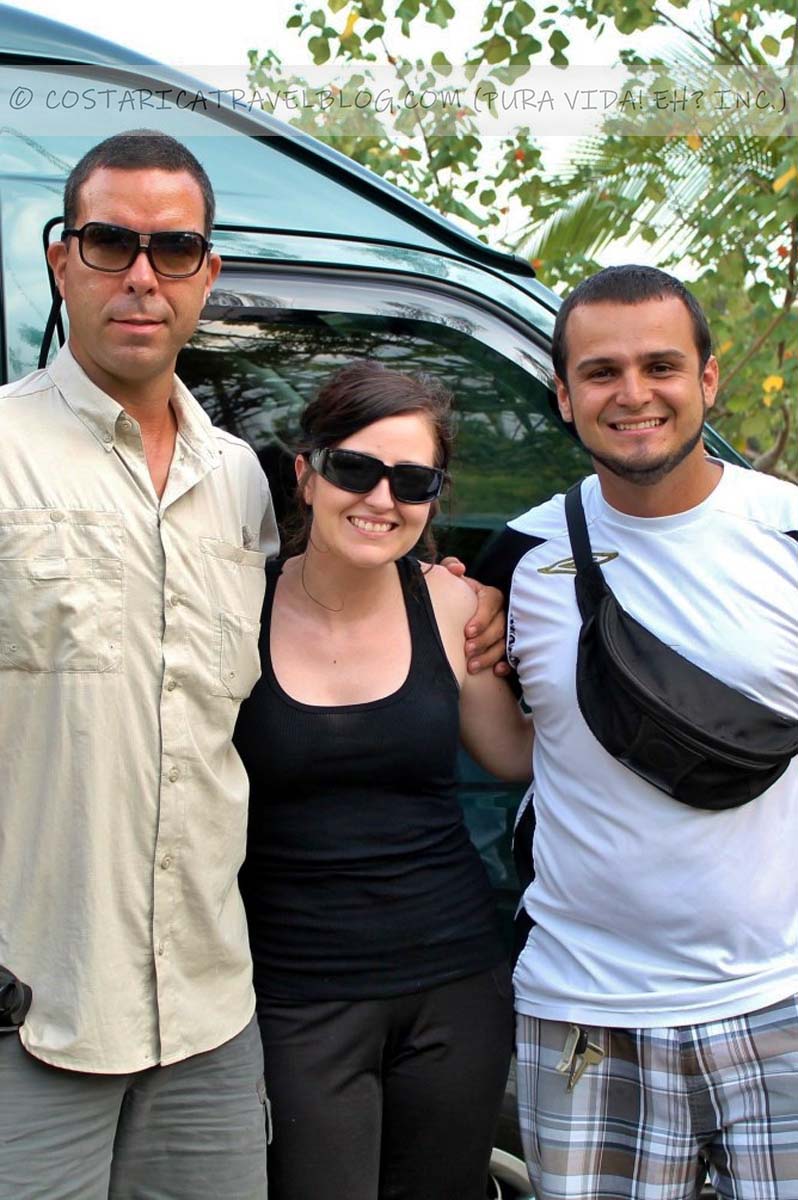
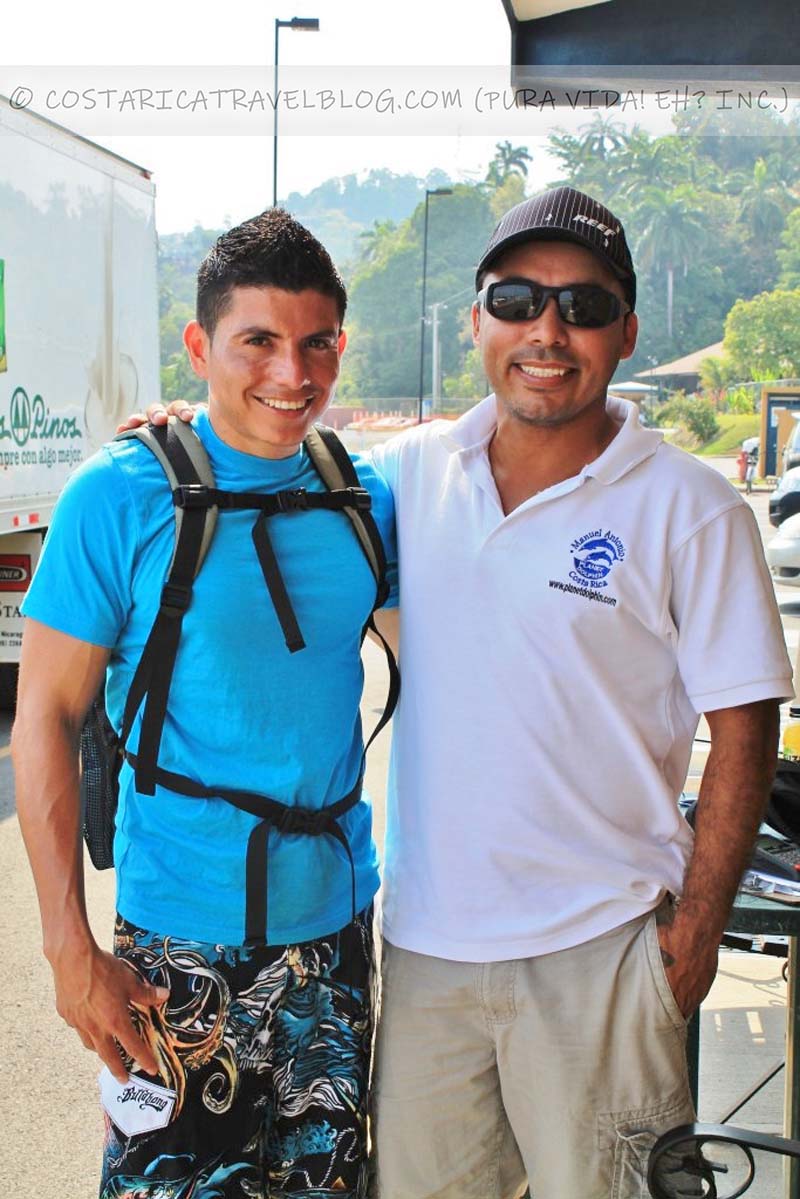










Tagged: costa rica, costa rica travel, costa rica travel tips, costa rica trip, costa rica vacation, financial planning, money, payments, trip planning, vacation, vacation planning